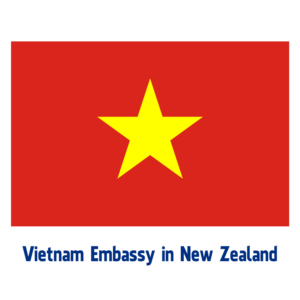
BNO Vietnam eVisa: Quick Guide for British Nationals Traveling to Vietnam
If you are a British National Overseas (BNO) citizen planning a trip to the vibrant and culturally rich country of Vietnam, understanding the visa requirements is essential. As of 2024, BNO citizens are required to obtain a visa to enter Vietnam, with a few exceptions. This guide aims to provide comprehensive information on how to navigate the visa application process, including obtaining an e-visa or visa on arrival, the associated costs, processing times, and tips for urgency. Let’s explore these topics in detail, starting with the BNO Vietnam e-visa.
Obtaining a BNO Vietnam e-visa has become a popular option for many travelers because of its convenience and straightforward application process. The e-visa allows BNO citizens to enter Vietnam for various purposes, such as tourism, business, or visiting family. It can be applied for online, which eliminates the need to visit an embassy or consulate in person. With just a few clicks, prospective travelers can initiate their e-visa applications from the comfort of their homes. However, it is crucial to prepare thoroughly to ensure that your application is successful.
To begin with, applicants must ensure that their passport is valid for at least six months from the intended date of entry into Vietnam and that it has a minimum of two blank pages. The importance of a clear and precise passport bio page photo cannot be overstated, as this is a foundational requirement for the e-visa application. Additionally, having a current portrait photograph that meets the specific size and quality requirements set by the Vietnamese authorities is vital.
Furthermore, the application process requires a credit or debit card to pay the e-visa fee, which is typically around 25 USD. This fee is paid online during the application process, making it essential for applicants to ensure sufficient funds are available. A valid email address is also necessary for communication throughout the application process, as this is how applicants will receive updates, confirmations, and any potential inquiries regarding their submissions. Lastly, gathering itinerary details—such as the intended entry and exit dates, ports of entry and exit, and accommodation information—is crucial for completing the application seamlessly.
Understanding the Need for a Visa
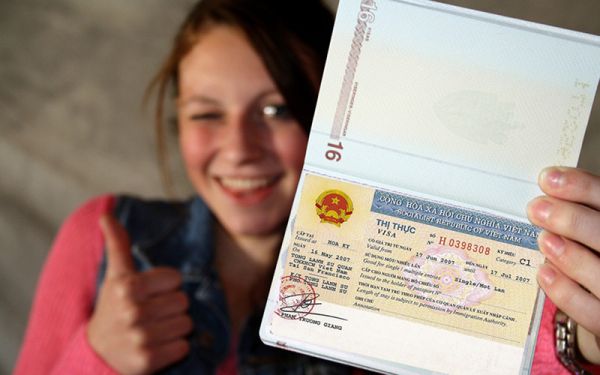
As a BNO citizen, one might wonder why a visa is necessary to visit Vietnam when some countries enjoy visa exemption. The requirement stems from the Vietnamese government’s immigration policies aimed at regulating foreign visitors. Despite the necessity for a visa, there are still avenues for BNO citizens to travel without one, specifically through Phu Quoc island—a tropical paradise well worth considering for those seeking a visa-free experience.
This visa exemption allows BNO travelers to stay on Phu Quoc for up to 30 days provided they arrive directly from another country and plan to depart from Phu Quoc to a destination outside of Vietnam. This exemption presents a unique opportunity to experience the pristine beaches and serene landscapes of Phu Quoc while bypassing the standard visa procedures for a more laid-back travel experience.
In conclusion, the BNO Vietnam e-visa offers a hassle-free approach for BNO citizens looking to enter Vietnam. By preparing the required documents and following the application steps carefully, travelers can ensure a smooth process, paving the way for an exciting adventure in this Southeast Asian gem.
How to Apply for Vietnam Visa for British National Overseas Citizens? (BNO Vietnam eVisa)
Applying for a Vietnam visa as a BNO citizen may seem daunting at first, but the process can be simplified into manageable steps. There are two primary ways to obtain a visa: applying for an e-visa online or opting for a visa on arrival. Each method has its own advantages and considerations, allowing travelers to choose the best option that suits their needs.
The Vietnam e-visa process is designed to cater to the modern traveler, providing a user-friendly interface for submitting applications online. On the other hand, the visa on arrival method is often preferred by those who prefer to finalize their visa upon reaching Vietnam, adding an extra layer of flexibility to their travel plans.
While both methods guarantee access to Vietnam, understanding their individual processes, benefits, and challenges is crucial for ensuring a smooth entry into the country.
Online Application Process for E-Visa
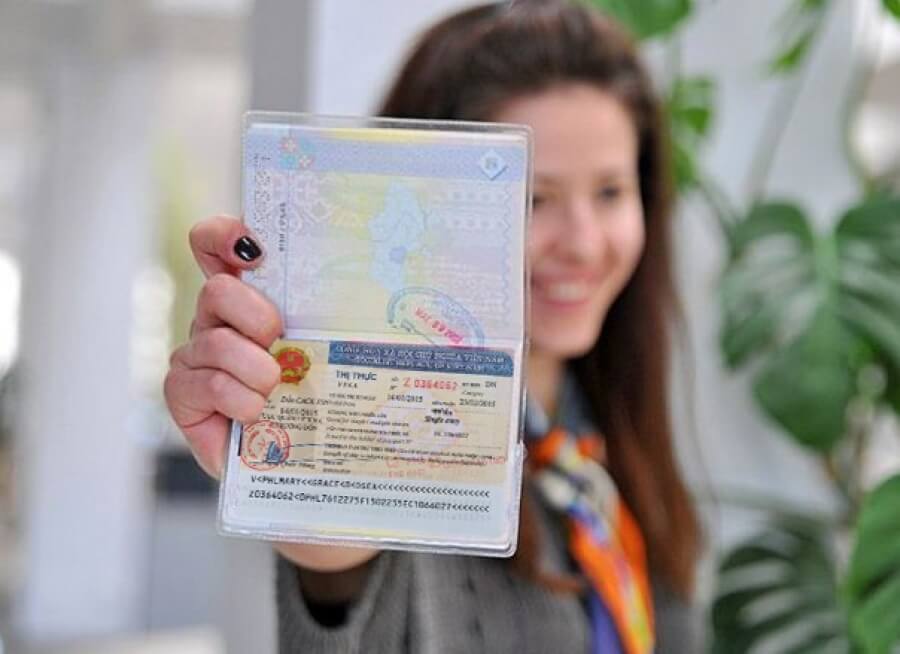
The online application process for an e-visa involves several straightforward steps that enable BNO citizens to secure their travel authorization digitally. Starting with accessing the official website of the Vietnam Immigration Department is essential to ensure that travelers are utilizing a legitimate platform.
Once on the site, applicants will need to fill out an online form where they will provide personal details, including full name, date of birth, and passport information. After entering this information, uploading the required photographs and documents becomes the next step. Ensuring that all uploaded files are clear and meet the specified guidelines is imperative to avoid delays or rejections.
After completing the application form, the payment of the e-visa fee is required. This payment is processed through a secure online system, allowing applicants to confirm their transactions electronically. Once the payment is made, applicants should receive a confirmation email, signaling the start of the processing period.
Processing times for e-visas typically range from three to seven working days. Thus, it is advisable for travelers to apply well in advance of their planned trip to account for any unforeseen delays. Upon successful approval, the e-visa will be sent via email, which travelers must print and present upon arrival in Vietnam.
Choosing Visa on Arrival Option
For those who prefer more flexibility, the visa on arrival option may be a more suitable choice. Unlike the e-visa, this method requires travelers to obtain a visa approval letter before departing for Vietnam, which simplifies the visa stamping process upon arrival.
To get started, travelers must apply through an accredited agency specializing in Vietnam visas. These agencies facilitate obtaining the visa approval letter by collecting necessary paperwork, such as a copy of the passport bio page and details regarding travel dates and entry points.
Completing the application form provided by the agency is the next step. Following this, applicants need to make payment for the visa approval letter, which is typically submitted online as part of the application process. Once the agency processes and submits the application to the Vietnamese Immigration Department, travelers will receive their visa approval letter via email.
Upon arrival at any international airport in Vietnam, travelers must present the approval letter along with their passport and complete the visa stamping process. This involves paying the visa stamping fee, which varies based on whether a single-entry or multiple-entry visa is requested.
The visa on arrival option tends to have a higher success rate than the e-visa, making it a popular choice among many BNO citizens traveling to Vietnam. Nonetheless, the key to a successful visa on arrival experience lies in careful preparation and timely application submission.
Vietnam Visa Processing Time and Cost for BNO Citizens
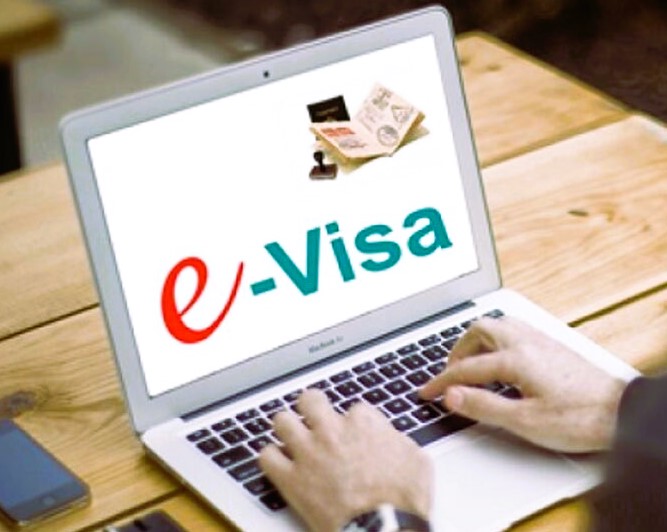
Understanding the processing time and cost associated with obtaining a visa is crucial for effective travel planning. For BNO citizens, both the e-visa and visa on arrival options present different timelines and fees, which influence decision-making in the visa application process.
Processing times can vary widely depending on factors such as demand and the specific method chosen for application. Therefore, being informed about these variables allows travelers to set realistic expectations.
Fees Associated with E-Visa Applications
When opting for the e-visa, travelers should anticipate processing times ranging from three to seven working days. The fee for the e-visa generally starts at around 25 USD, though it may vary slightly due to fluctuations in currency exchange rates or changes in government policies.
It’s important to note that the e-visa fee is non-refundable, even in the event of rejection. Hence, ensuring that all application details are accurate and comply with the outlined requirements significantly reduces the likelihood of complications.
Additionally, travelers should take into consideration any additional costs involved, such as printing the e-visa confirmation and any local travel expenses incurred during the wait period.
Costs Involved in Obtaining Visa on Arrival
The visa on arrival method typically entails various fees associated with both the approval letter and the subsequent visa stamp upon arrival in Vietnam. Processing time for visa on arrival can range from four working hours to ten working days, depending on the agency’s efficiency and the volume of applications being processed.
Travelers should expect to pay a fee for the visa approval letter, which is typically charged by the agency facilitating the application process. The actual visa stamping fee upon arrival is an additional cost, amounting to approximately 25 USD for a single-entry visa and around 50 USD for a multiple-entry visa.
Given the potential variability in processing times and costs, BNO citizens are encouraged to keep these factors in mind when planning their trips to Vietnam. Budgeting for these expenses and allowing ample time for visa processing ensures a smoother journey without unnecessary stress.
Urgent Vietnam Visa for British National Overseas
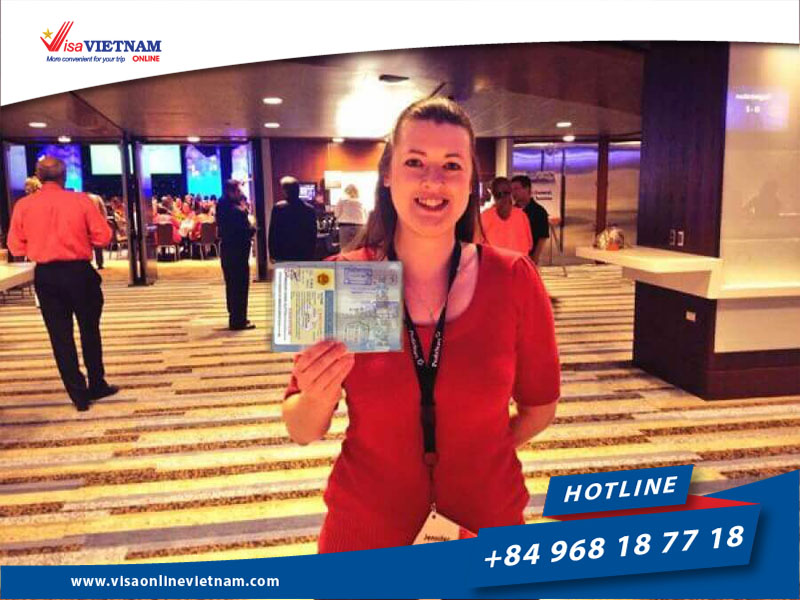
In some cases, BNO citizens may find themselves in need of a last-minute visa. Whether due to sudden travel plans, unexpected emergencies, or other urgent circumstances, obtaining a visa in a timely manner is paramount.
Fortunately, there are services available that cater specifically to individuals in need of expedited processing. Engaging an agency that specializes in urgent visa services can make the difference between a last-minute cancellation and an unforgettable trip.
Utilizing Agency Services for Urgent Visas
For those requiring an urgent Vietnam visa, enlisting the help of a reputable agency can streamline the process. Many agencies offer expedited options that allow travelers to obtain their visa approval letters within hours or, in some cases, as quickly as two hours.
To initiate the process, travelers should contact the agency directly and provide the necessary documentation, including their passport bio page and relevant travel details. The agency will then handle the submission to the Vietnamese Immigration Department on behalf of the traveler, significantly reducing the burden of managing the logistics independently.
Although expedited service often comes with a higher price tag, the value of securing a visa in a timely manner can outweigh the costs for those facing imminent travel deadlines. Ultimately, taking advantage of these services alleviates the stress associated with last-minute travel arrangements.
Important Considerations for Emergency Travel
While the prospect of obtaining an urgent visa is reassuring, BNO citizens should remain vigilant in confirming the legitimacy of the agency they choose to work with. Due diligence in researching reviews, testimonials, and overall reputation is essential to avoid potential pitfalls associated with unscrupulous providers.
Moreover, travelers should prepare for possible additional wait times at the airport upon arrival in Vietnam. Although the visa approval letter expedites entry, the stamping process may still involve queues and processing time, so it’s wise to plan accordingly.
Ultimately, staying organized and proactive about visa needs can ease the transition into exploring the wonders of Vietnam, no matter how urgent the situation may be.
Conclusion
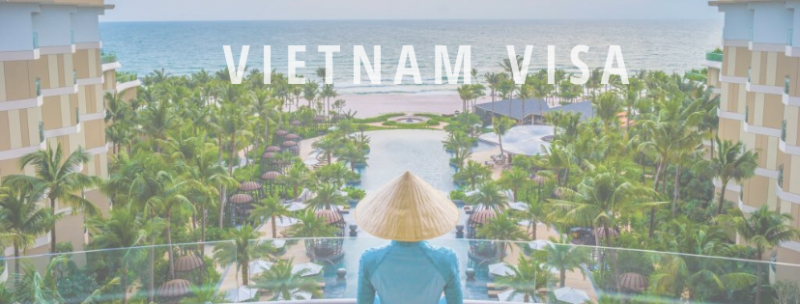
In summary, obtaining a visa for Vietnam as a British National Overseas citizen in 2024 involves navigating a clear yet essential process. Whether choosing the convenient e-visa option or opting for the flexibility of a visa on arrival, understanding the requirements, processing times, and costs associated with each method is vital for a smooth travel experience.
Given the influx of travelers, it is highly recommended to apply well in advance, allowing for unexpected delays and ensuring peace of mind. In cases of urgency, engaging reliable agencies can further simplify the process and alleviate concerns.
Regardless of the method selected, embarking on a journey to Vietnam promises cultural richness, scenic beauty, and unforgettable memories. Understanding the visa application process empowers BNO citizens to embrace the adventure awaiting them in this captivating Southeast Asian destination
